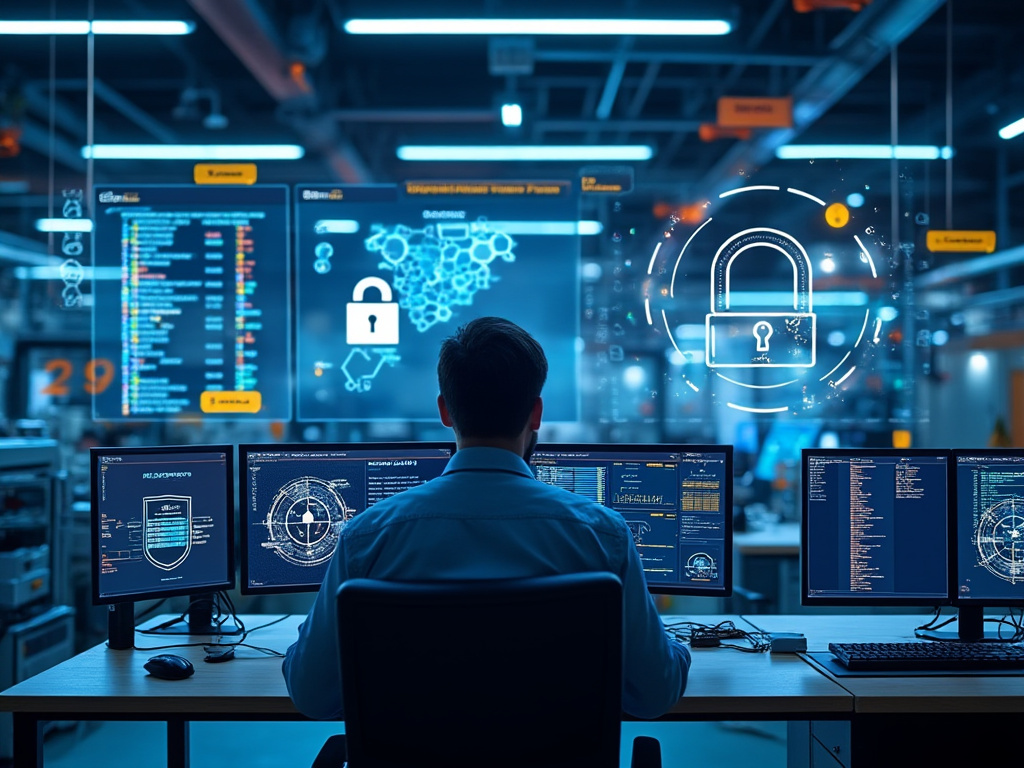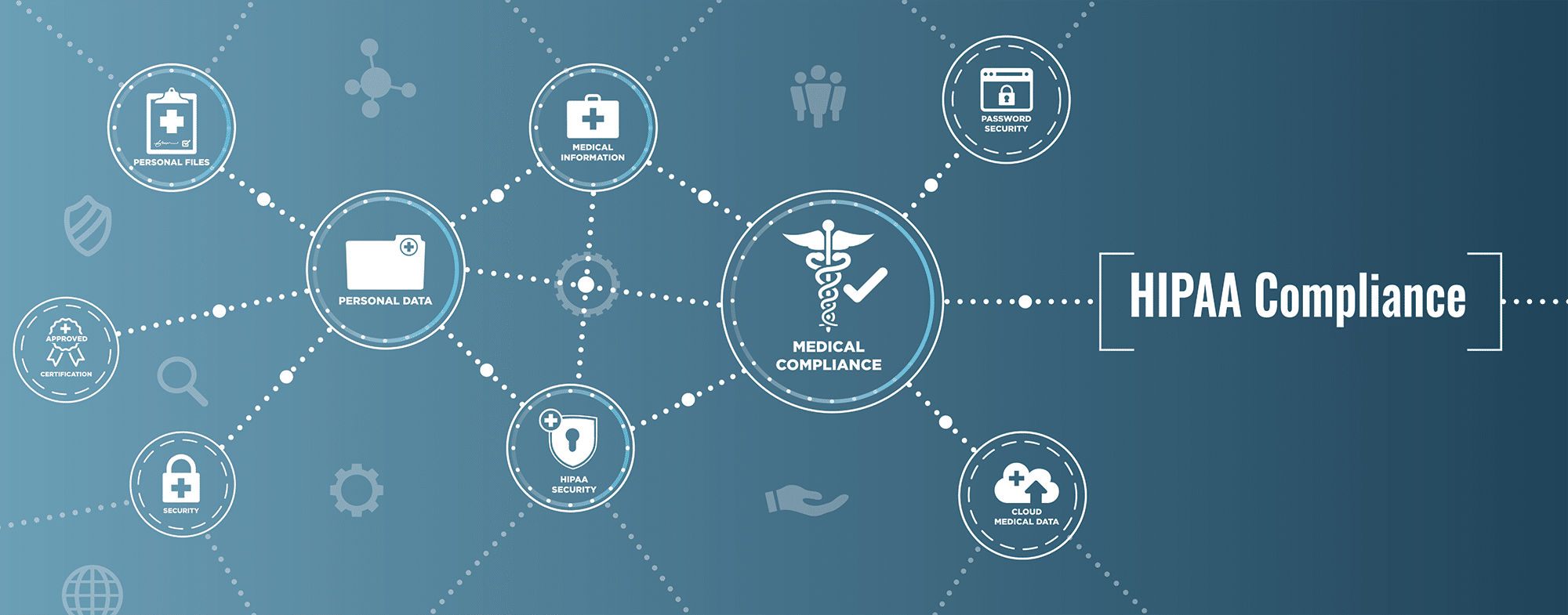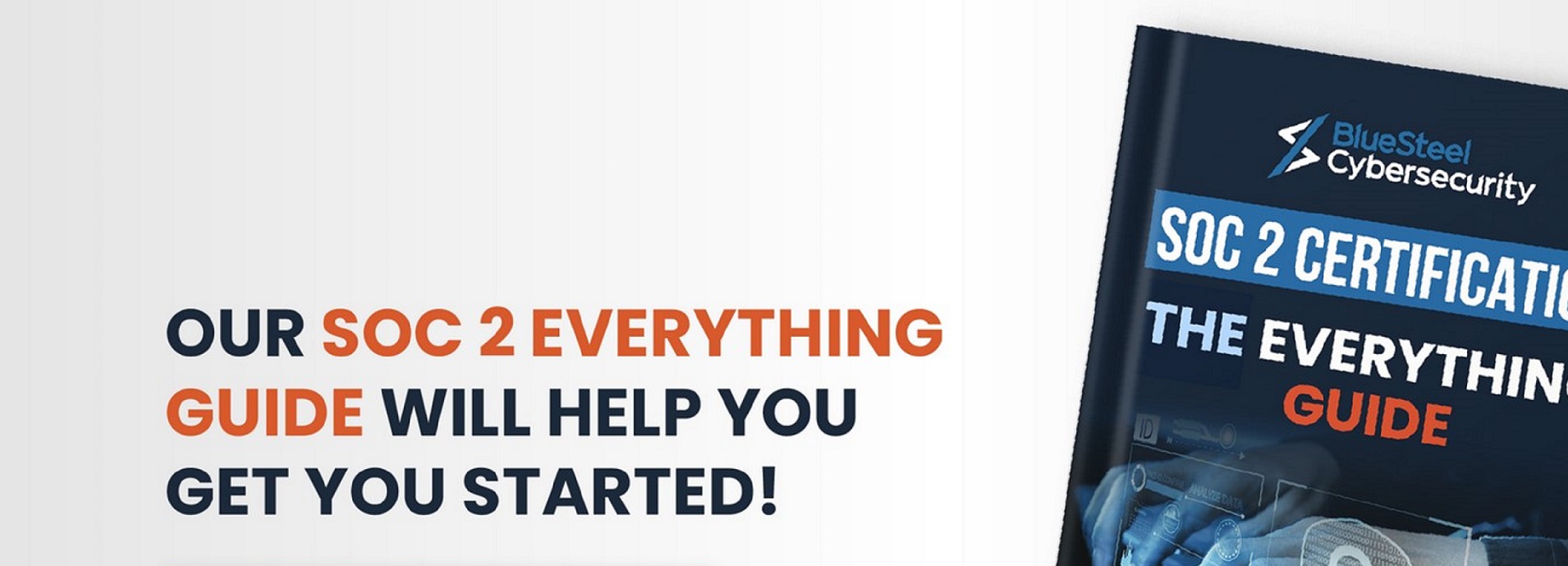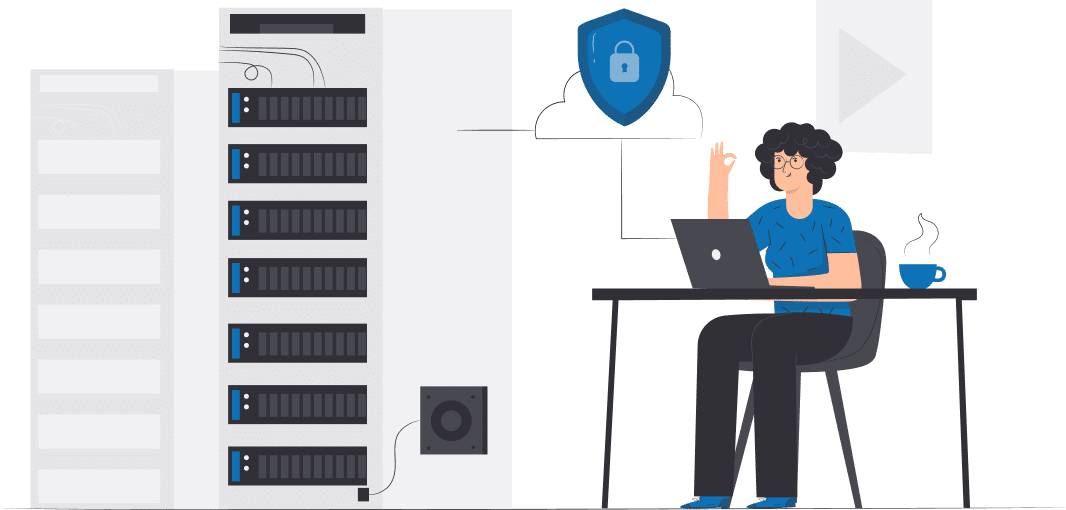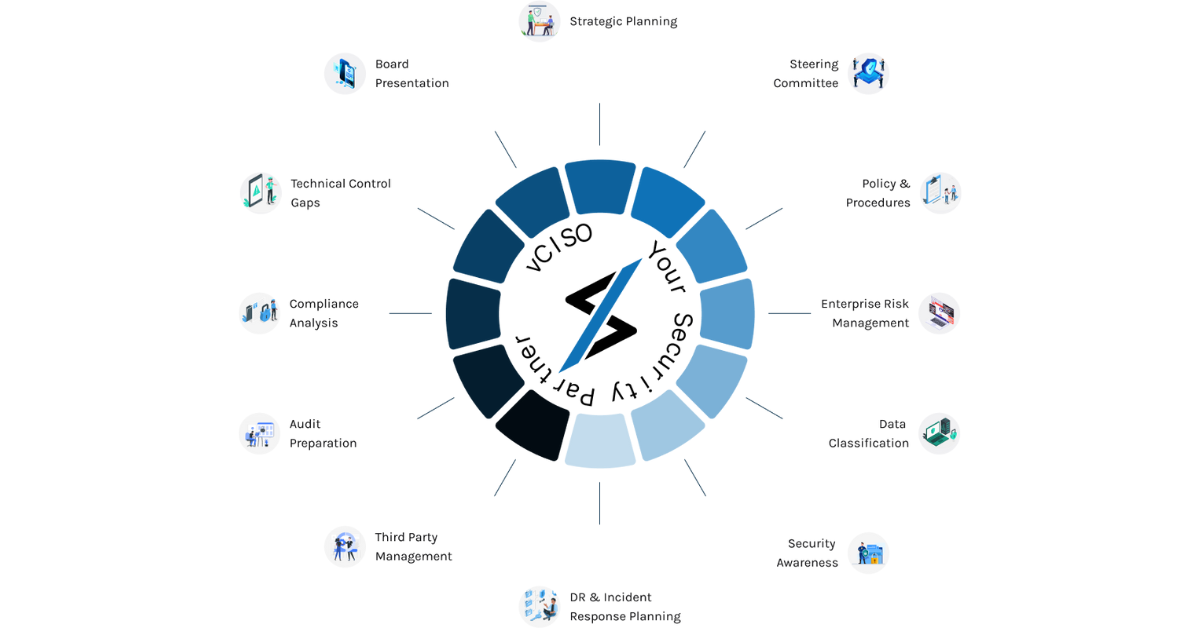Technology is evolving and getting more complicated. Every day, there are numerous discoveries that are made with regards to technology. These discoveries, which are happening daily, boost all sectors of the economy, including e-commerce, the medical field, and the education sector. However, with such a fast pace of growth, the most pressing question that you need to ask yourself is, “How secure is my data and my clients’ data?”
Just as tech entrepreneurs spend sleepless nights discovering and inventing new technologies, so do hackers. Hackers target your personal data and use it to acquire money by selling your information or even carrying out unauthorized withdrawals. Your personal data, which may include your passwords, pin codes, home address, credit card numbers and names, is comparable to gold when sold in the black market. That’s why you may have noticed that you receive emails from websites you didn’t subscribe to.
Following numerous cases of software security breaches, there have been security compliance standards that have been created to ensure companies keep client data safe. There are numerous compliance standards, and it may be difficult to choose the best one for you and your business. Don’t worry, though. In this article, we’ll delve deep into the top five compliance standards. By the end of this blog, you’ll be well equipped to choose the right compliance standard.
Let’s dive right in.
What is cybersecurity compliance?
We need to begin with a basic understanding of Cybersecurity compliance. Cybersecurity compliance is a security protocol followed by organizations and companies to ensure that data is handled in a confidential manner. Your company and all other companies are expected to follow a set of guidelines and protocols stipulated by the law to ensure sensitive data does not get into the wrong hands.
It is important to note that compliance standards are simply a framework with regard to security. These standards act as a benchmark for an organization’s security posture, ensuring that they meet industry-specific security requirements. They do not offer detailed information on how you are to conduct yourself and your business. It is advisable that your company come up with its own protocols that adhere to the law to secure all sensitive data.
What are some of the data types that require Cybersecurity protection?
Not all data requires stringent security measures. Cybersecurity is focused on protecting sensitive information that upon leakage, your company may suffer financial and reputational losses, or even worse, a lawsuit. Such data that security compliance standards aim to protect include:
1. Personal information such as names, home address, age, and social security numbers.
2. Sensitive medical records such as ailments, medical reports, diagnosis, and medication.
3. Financial data such as credit card numbers, passwords and pin numbers. It may also include bank account numbers, debit card pins, and credit history and ratings.
4. Contact information such as email address, phone numbers, and biometrics such as fingerprints.
How important is Cybersecurity Compliance?
Due to the risks your company faces when its data leaks, cybersecurity is a crucial component to include in your budget. So critical is cybersecurity compliance that you should also audit your own staff to avoid the risks associated with failure to comply with cybersecurity compliance standards. Here are some of the implications of cybersecurity compliance standards:
a. Avoiding lawsuits as a result of leaking sensitive information. For example, a patient’s data is sensitive and if there is a breach of security, the patient can sue the hospital.
b. Company reputation is protected.
c. Maintaining customers’ trust.
d. Build customer confidence and loyalty as they know their data is secure.
How can you create a Cybersecurity Compliance System?
We have established the essence of cybersecurity compliance for your company, but how do you actually go about creating a cybersecurity compliance system for your company? Well, there is no one size fits all solution, but here are a few steps you can take to build a Cybersecurity Compliance System.
1. Have a compliance team within your organization that will ensure the guidelines are followed to the latter.
2. Establish a procedure that can be used to assess the risks involved. How do you go about identifying and assessing risk and also analyzing risk? This is an important question to answer when setting a risk tolerance procedure.
3. Setting up defense measures such as: setting up firewalls, having encryptions, training the staff on the compliances, and insuring against breach of security.
4. Having outlined policies on Cyber Security compliances.
5. Continuously tracking the progress.
Top 5 Security Minded Compliance Standards
1. HIPAA (Health Insurance Portability and Accountability Act
It is a legal requirement that healthcare facilities keep medical records confidential, and patients’ details should be stored in a system that cannot be easily hacked. The HIPAA security rule, also known as the Health Insurance Portability and Accountability Act, protects medical records that are stored in electronic form. It was enacted in The United States of America under the rule of President Bill Clinton in the year 1996. This rule regulates the personnel who are able to maintain these medical records and ensures that the data is secured.
HIPAA is regarded as the best standard for protecting patient information. Medical records, treatment histories, and personal identification information are well covered in HIPAA. Whether you’re seeking information on how the medical data of patients is stored, accessed, or transmitted, HIPAA clearly explains all this. The regulation is also clear on who can access patients’ medical data and under what circumstances they are allowed to do so.
The HIPAA framework also offers clear guidelines on how medical organizations can ensure the confidentiality and integrity of patients’ data through physical and technical safeguards. It is also clear about the hefty fines that one may be subjected to if they fail to comply with HIPAA. Moreover, it can result in reputational damage and legal liability, consequences that no company would like to face. On the other hand, complying with HIPAA is a surefire way for organizations to build trust and show their commitment to protecting sensitive patient data.
The three main purposes of the HIPAA Act are:
I. Reduce cases of fraud in the health sector.
ii. Guarantee security of medical data.
iii. Uphold medical standards.
2. PCI DSS (Payment Card Industry Data Security Standard) for FinTech industry.
This is a universally accepted standard that protects the misuse of data and information from credit card, debit card, and other card holders as they transact. This compliance standard was formulated in 2004 for four major card companies, namely: American Express, VISA, Discover, and Mastercard. This compliance standard has 6 major objectives:
I. Transactions taking place must be on a secure network. This allows for internet security features such as firewalls and authentication using passwords and pin codes.
Ii. Encryption of documents to ensure the information of cardholders is protected, such as names, home addresses, mailing addresses, and phone numbers, among others.
Iii. Protection of systems from hackers and malicious viruses using updated anti-virus programs and anti-spywares.
Iv. Constant maintenance and check up on systems to ensure efficiency and fix any bugs.
V. Having a security policy and protocol that must be followed.
Vi. Sharing of card information by cardholders is to be restricted, and this information is to be accessible only to authorized personnel.
3. FERPA (Family Educational Rights and Privacy Act) for the Education industry.
This is an Act that was enacted in 1974 to protect a student’s educational records. It is applicable to both private institutions as well as public schools at all levels. This compliance standard serves two functions:
I. Grants full access to educational information to relevant parties: parents and students.
II. Forbids institutions from releasing a student’s educational information to the public without consent from the student if they are of legal age or consent from parents if the child is not of legal age
4. ISO 27001 (Information Security Management System) for Healthcare, FinTech and Education industries.
ISO 27001 (Information Security Management System) is another global standard that dictates how important information should be handled. It provides a great systematic approach to managing and protecting sensitive information.
The field of information technology is so wide, with various elements such as people, the processes involved, and even the technology. The ISO 27001 ranks as one of the best international standards as it covers all these aspects of information technology. It is also great in that it covers any organization that handles sensitive information, regardless of the size of the organization or the industry.
It is a great compliance standard for those seeking to not only build trust with stakeholders but also actively reduce the risk of security breaches.
5. SOC 2 (Service Organization Control 2) for both Healthcare and FinTech industries.
The last but not least cybersecurity compliance standard that ranks among the best five is SOC 2, or Service Organization Control 2. SOC 2 is managed by the American Institute of Certified Public Accountants (AICPA). This compliance standard involves assessing the controls and processes of a service organization that handles sensitive customer data.
There are five trust service principles that are covered in the SOC 2 standard. These are security, availability, processing integrity, confidentiality, and privacy. This standard provides a thorough assessment of an organization with regard to these principles.
Obtaining a SOC 2 certification requires a rigorous audit process. Also, your organization must periodically apply for re-certification to ensure its compliance with this standard remains as expected.
The Bottom Line: Secure Your Future with BlueSteel Cybersecurity
In conclusion, having a cybersecurity compliance standard in mind is essential for your company in terms of building trust with your stakeholders, creating a positive reputation, and avoiding security breaches. They provide a great framework for managing sensitive information.
However, the world of cybersecurity compliance is a complex one, and you may need a partner. BlueSteel Cybersecurity is definitely the best partner to sail with you through the murky waters of cybersecurity compliance. With a team of experts in business, security, data, software, and engineering, BlueSteel is dedicated to helping organizations like yours achieve sustainable security and confidence.
Whether you’re a SaaS-based organization or a government agency, BlueSteel has the expertise and experience to help you achieve compliance certification efficiently and protect your sensitive data against both current and future threats. To learn more about BlueSteel’s innovative approach to cybersecurity compliance, visit our website today. And for even more insights, be sure to check out our blog.


